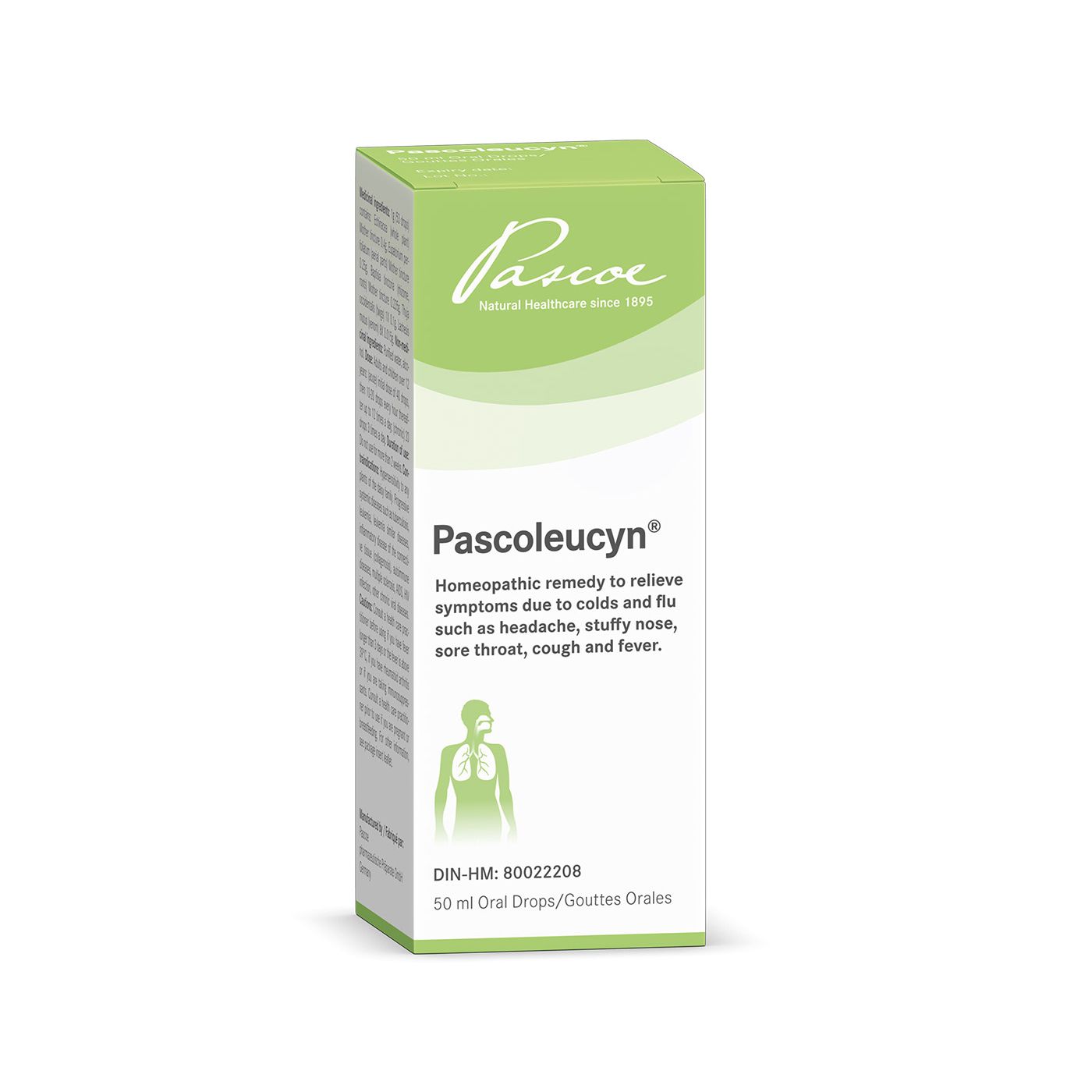5 Surprising Signs Your Immune System is Weak
Unexplained and ongoing symptoms are your body's way of trying to tell you something is not right. In which case, you might be overlooking or missing warning signs that you have a weakened immune system.
Our immune system works hard to protect the body from disease-causing germs like viruses or bacteria, to neutralize harmful substances, and to fight disease-causing cells, like cancer. The immune system is made up of a complex network of cells, organs and proteins. When the immune system is working at full capacity, you never really notice it's there. But when the immune system stops running smoothly, symptoms arise. When our immune defence mechanisms kick in, infection-fighting antibodies and white blood cells are sent to attack the foreign pathogen or disease. Phagocytes and lymphocytes (such as B-cells, and T-Cells) are immune blood cells that respond as the first line of defence for infection and disease. Antibody cells help to eliminate the microbe and kill the target cell.
For most people, a common cold once or twice a year isn't something to be concerned about. However, patients with primary immunodeficiencies (PI) or immunocompromised people have an increased risk of infection and disease. PI is a chronic disorder in which part of the patient's immune system is either not functioning properly or missing a component entirely. The condition causes recurrent symptoms and increases the risk of severe infections or diseases of the sinuses, throat, skin, ear and more.
Signs and Symptoms of Immunodeficiency Disorder or Immunocompromised People


- Ongoing tummy troubles: We know that 70 percent of your immune system is located in the digestive tract. This is why they say when you're gut bacteria are sick, so are you. Ongoing digestive issues with bloating, gas, diarrhea and constipation are all signs your body is telling you that your immune function is misfiring.
- Always have a cold: If you find yourself catching every respiratory tract infection or virus that goes around this is a surefire sign you might be immunocompromised. One cold is normal, but two to three significant viral infections in the course of a winter is something to take note of. Your body may not be fully equipped to fight off infections or germs it is exposed to. For example, sore throats and head colds progress to pneumonia.
- Wounds are slow to heal: the immune system orchestrates the tissue healing process. Open wounds that are slow to heal are especially prevalent in patients who have diabetes or an autoimmune disease.
- Feeling constantly tired: There is an endless number of reasons why you always feel fatigued. Yet, having a weakened immune system or immunodeficiency disorder might be one of them. And in some cases, your body is simply run down from fighting against itself. An autoimmune disease, such as lupus, is caused by your immune system fighting against your own organs.
- Other symptoms: appetite loss and/or weight loss, abdominal pain, infections of the mouth, eyes and digestive tract, noticeable and large warts (caused by viruses)
Since symptoms vary among individuals, it's important to keep track of your concerns. If infections, diseases, or disorders don't get better over time or respond to treatment, it might be time to test for an immunodeficiency disorder.
Who Might Be Immune-Compromised?
Immunocompromised is a broad term and means that patients have a weakened immune system. Immunocompromised patients are thus at a greater risk of viruses or bacteria. It's possible for patients to be immunocompromised to various degrees. Some slightly immunocompromised patients might simply be more likely to catch a common cold. Severely immunocompromised patients might catch a cold and find it's life-threatening. Being immunocompromised might be temporary or permanent. Many conditions or treatments can weaken a patient's immune system or cause immunosuppression. Immune deficiency can be caused by:
- Chronic medical conditions: such as cancer, HIV infection, asplenia, diabetes
- Autoimmune diseases: such as rheumatoid arthritis, lupus
- An overactive immune system: such as asthma
- Hereditary diseases: such as chronic granulomatous disease
- Medications and treatment: such as radiation, chemotherapy
- Transplants: such as organ or bone marrow transplant
- Obesity: as it decreases cytokine products, natural killer cell dysfunction, and more.
- Chronic Stress: long-term or chronic stress can ravage your immune system and cause immunodeficiency.
- Advanced age
- Pregnancy
Protect Your Health


Patients with a weakened immune system or immunocompromised are more at-risk of getting sick or contracting infectious diseases. Not just during the wake of coronavirus, but at all times. To support a healthy immune system, high-risk patients should practice:
- Self-isolation and social distancing: The Infectious Disease Society encourages patients with immune deficiency and immunocompromised children to self-isolate and avoid other people for the time being. This is to avoid any risk of contracting a community-acquired or hospital-acquired virus such as pneumonia or the novel coronavirus.
- Continue your regular treatment plan: patients with autoimmune disease, like lupus, a primary immunodeficiency disorder, or cancer, should stay up-to-date with their doctor, continue medications and use telehealth services whenever possible.
- Clean frequently - whether you are immunocompromised or believe you have a weaker immune system, it's essential to clean and disinfect regularly. Wash your hands and frequently touched surfaces. This will ensure you prevent the spread of bacteria, viruses, and infectious diseases.
- Revamp your diet: diets that are high in sugar and fat, and low in protein significantly impairs the immune response. Deficiencies and malnutrition can cause oxidative damage and increase your risk of developing an infection.






